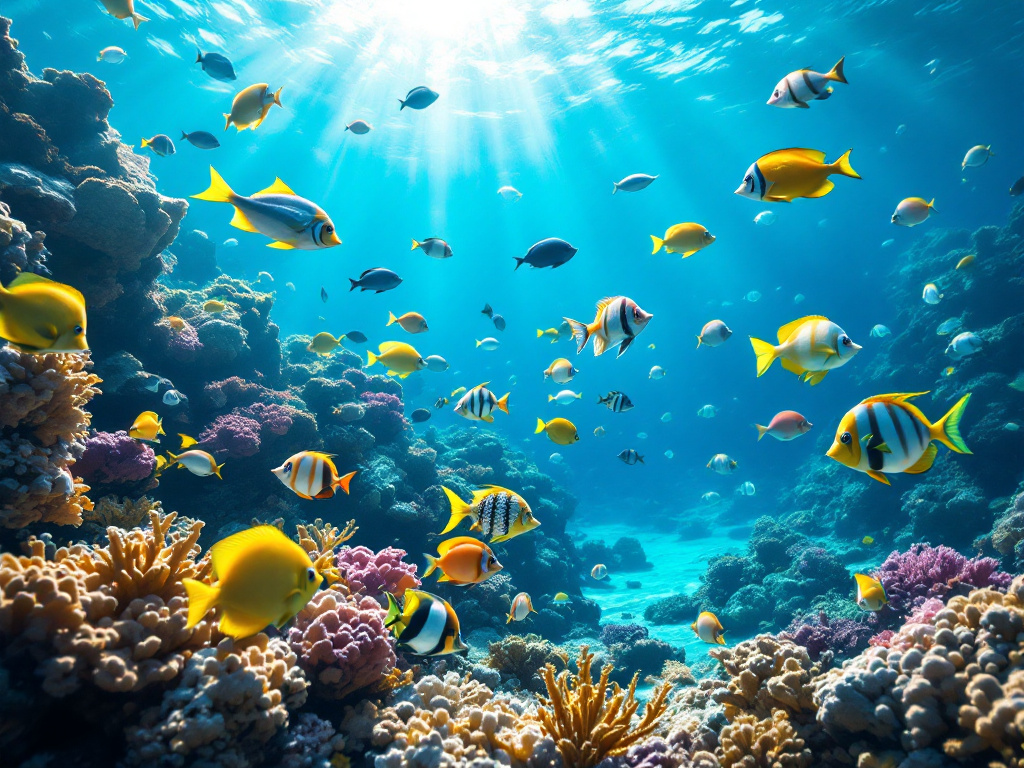
Arabian Gulf Fish Show Adaptive Traits Amid Rising Sea Temperatures
**Research conducted by the Mubadala Arabian Center for Climate and Environmental Sciences (Mubadala ACCESS) at NYU Abu Dhabi** has revealed that **reef fish from the Arabian Gulf**, known as the hottest sea on Earth, **demonstrate enhanced tolerance to temperature fluctuations** compared to fish from more stable coral reefs. Despite this adaptability, the Arabian Gulf exhibits a lower diversity of fish species, indicating that only certain fish can withstand the rising global temperatures associated with climate change. The **Arabian Gulf**'s highly variable thermal environment provides an insightful natural setting for studying how reef fish might adapt to warming climates. By comparing fish from the Arabian Gulf's extreme habitat to those in the milder **Gulf of Oman**, the research team, including Dr. Grace Vaughan, Daniel Ripley, and Professor John Burt, found a marginally higher temperature tolerance in Arabian Gulf fish. Despite this, the biodiversity remains significantly lower, suggesting that **environmental adaptability is limited to only certain species**. The study, titled **Narrow Margins: Aerobic Performance and Temperature Tolerance of Coral Reef Fishes Facing Extreme Thermal Variability**, published in **Global Change Biology**, also tested the